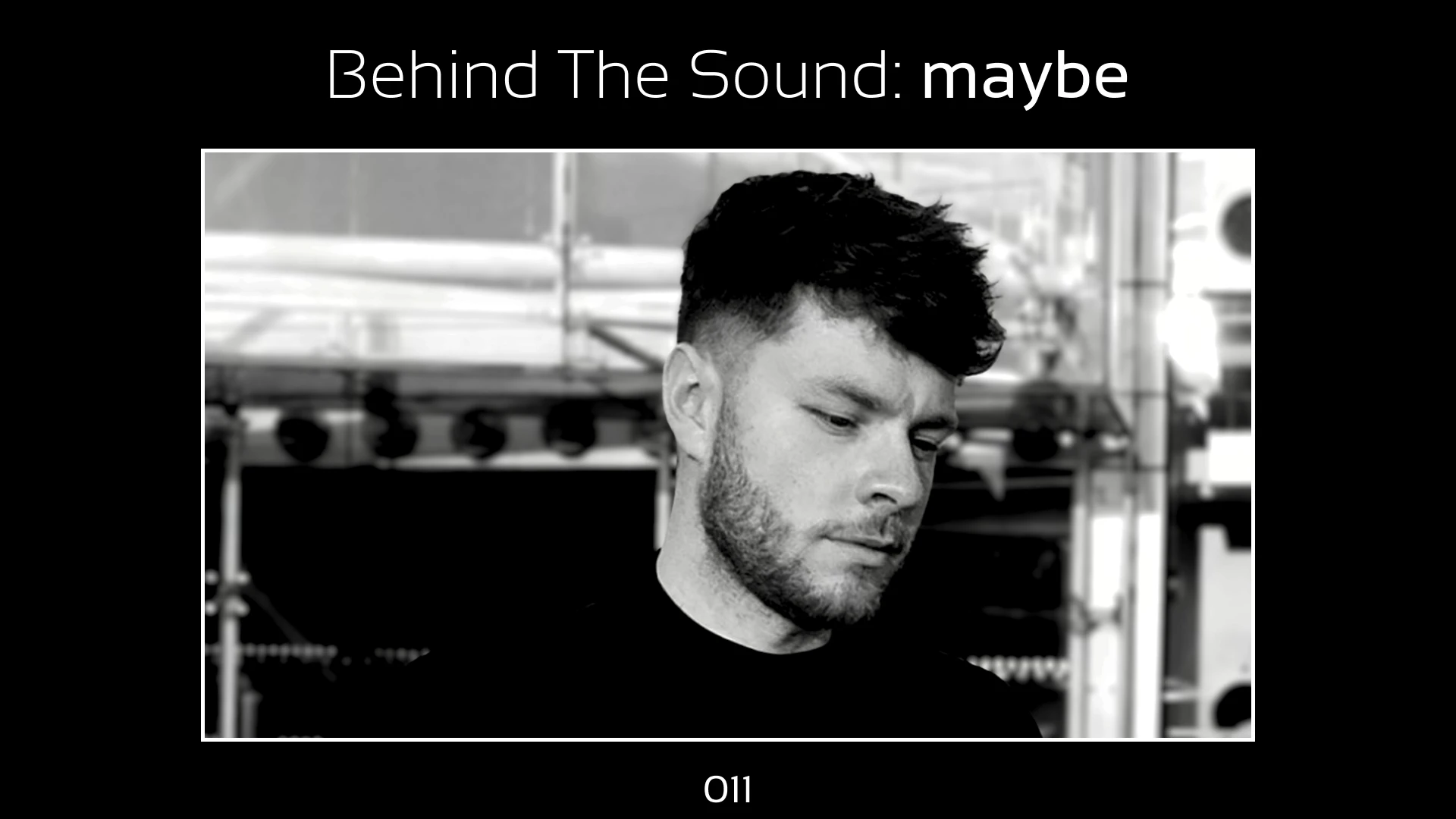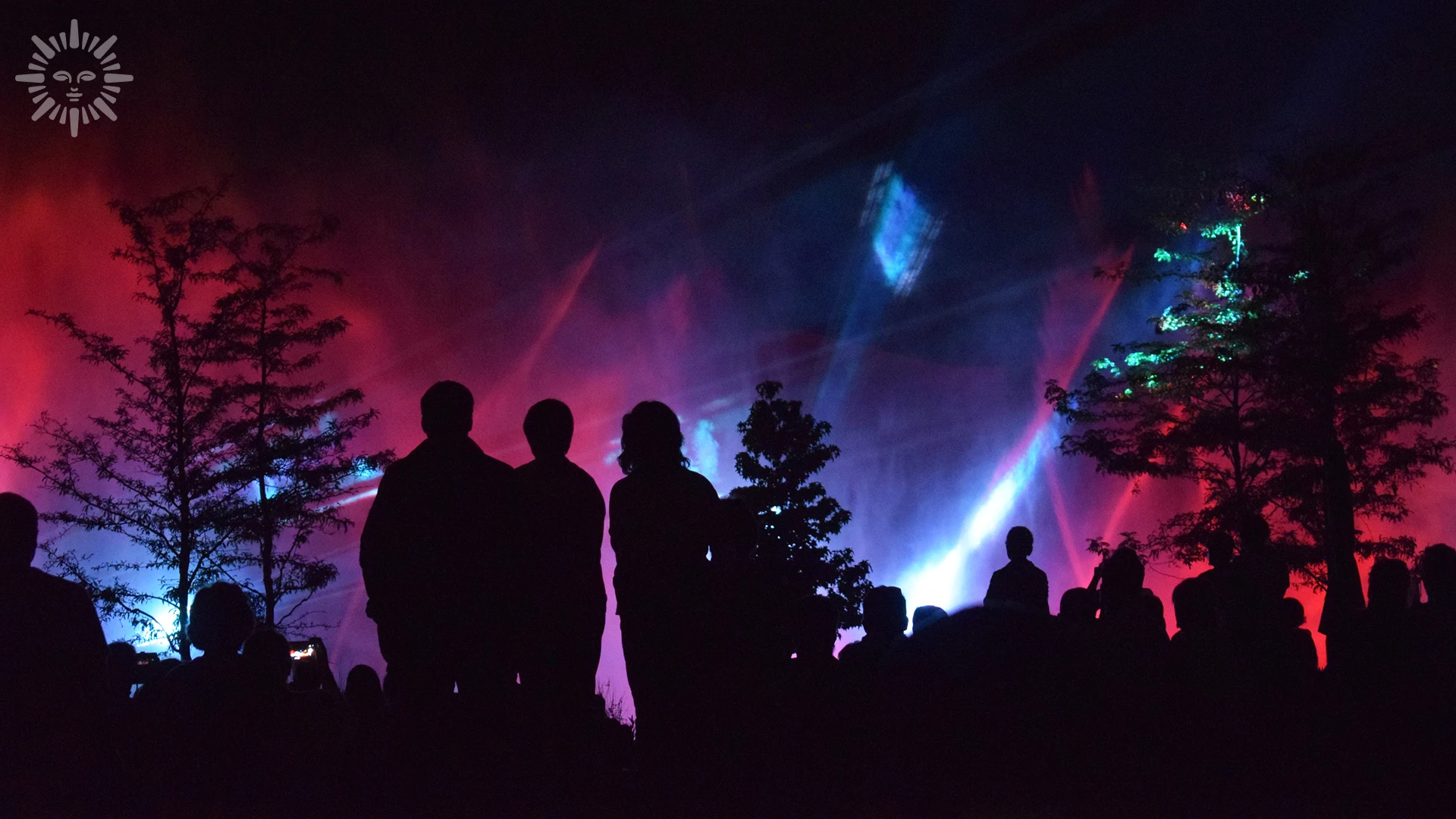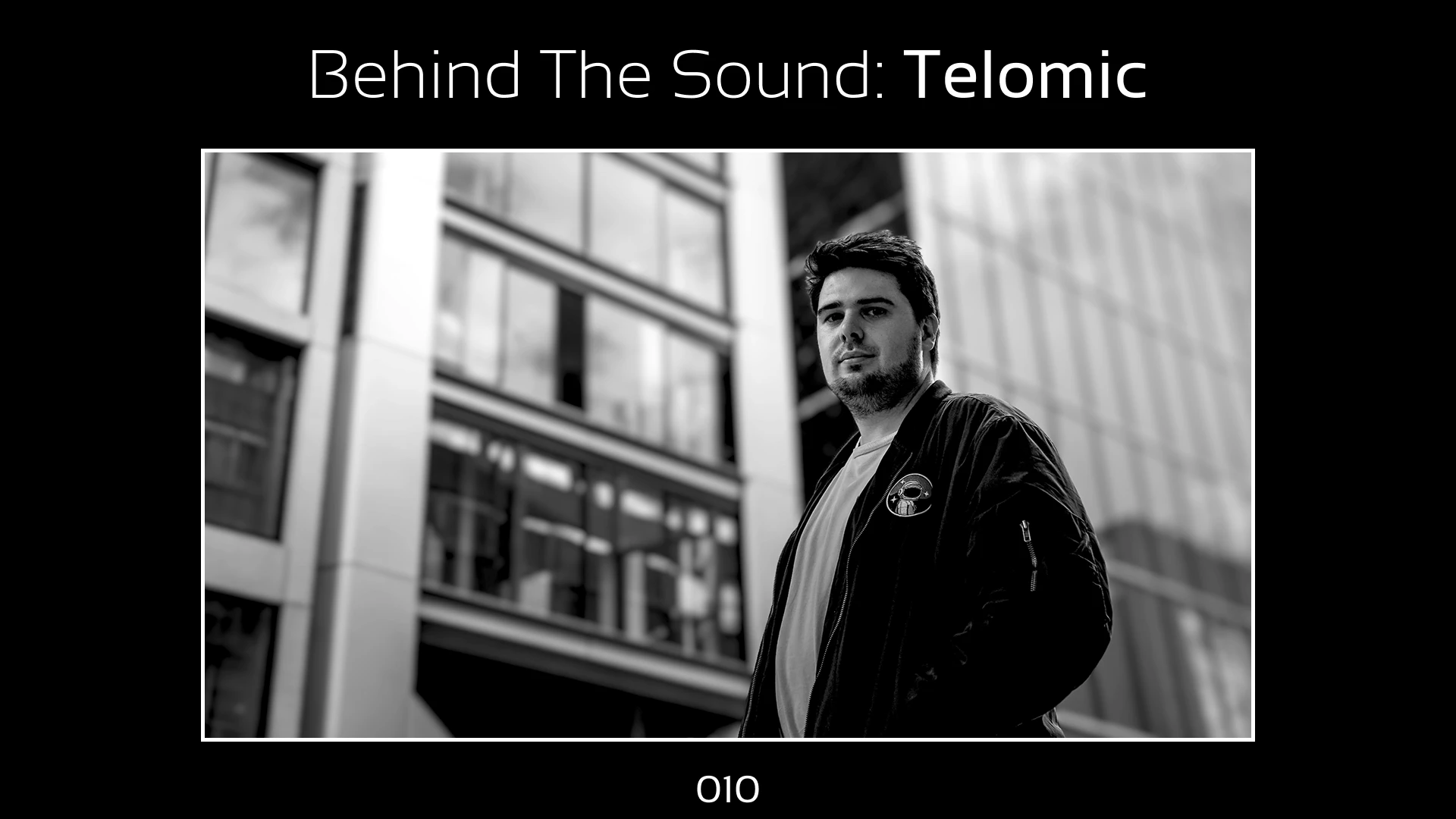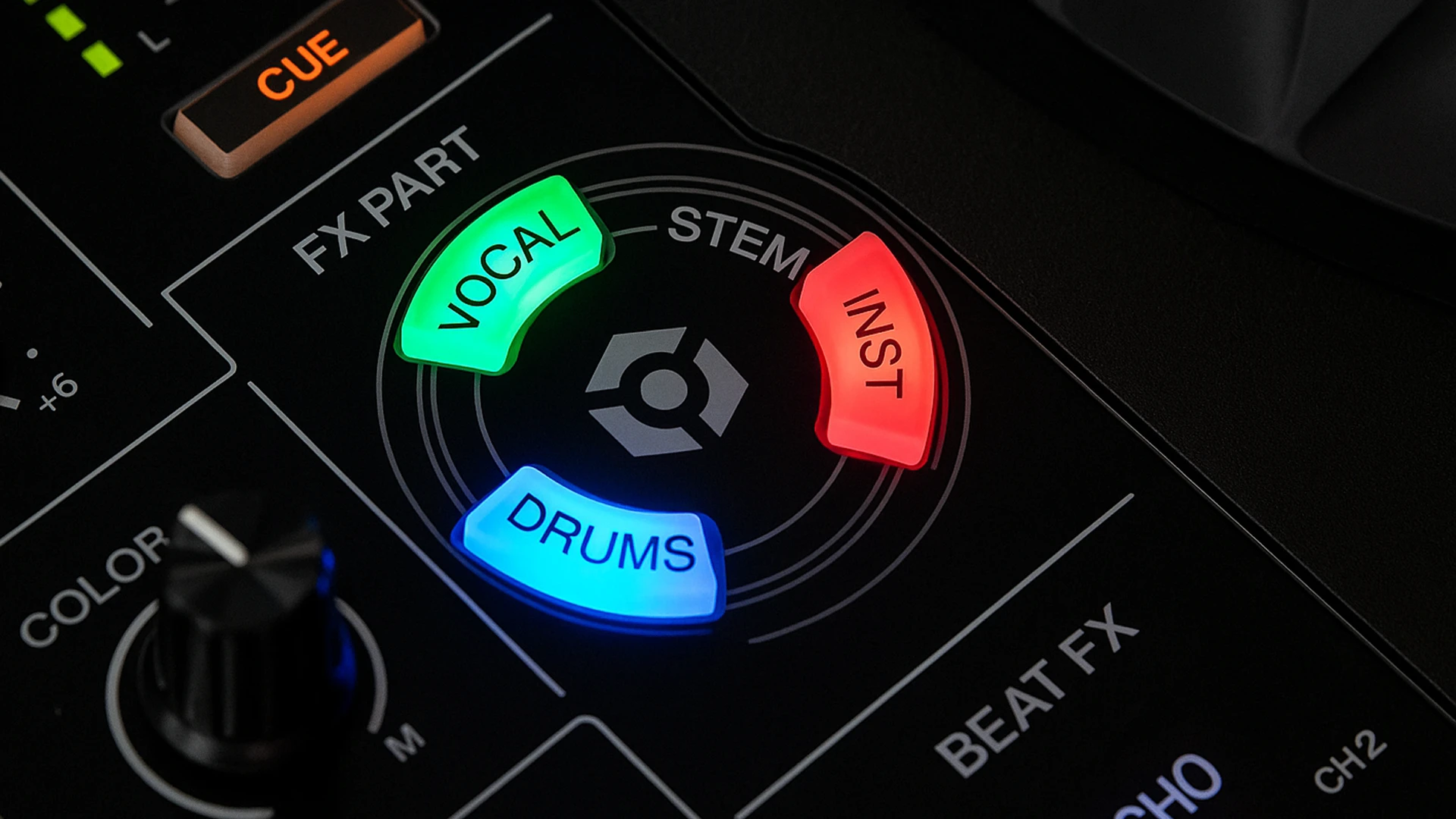The Rise of the Anti-Brand Artist: How Anonymity Is Reshaping Underground Dance Music
A new wave of underground artists are rejecting social media and branding in favour of anonymity, shifting the focus back to music, community, and the dancefloor. Read about how the anti-brand movement is reshaping electronic music culture.
5 minutes read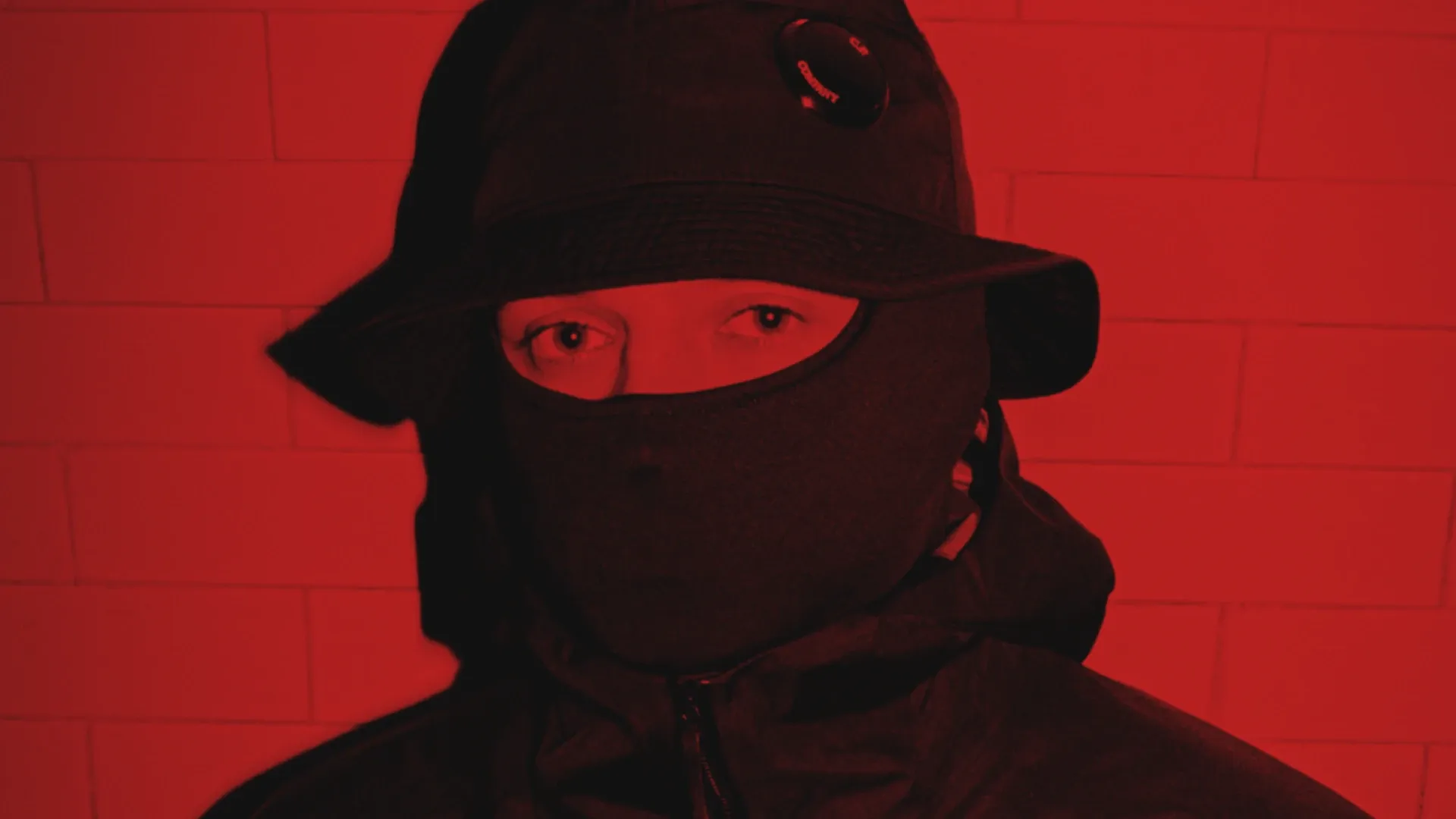
In a digital age where every producer/DJ has a carefully curated Instagram feed, a branded boiler room set, and a logo-stamped USB stick, a quiet rebellion is growing. A new wave of artists are opting out of the spotlight, eschewing press photos, social media clout, and hyper-visible branding in favour of anonymity, minimalism, and mystery.
Rejecting the Persona Economy
Over the last decade, the rise of the artist as an influencer has blurred the line between artist and personality. Social media became a necessary tool for building a career, with platforms rewarding artists who documented every gig, outfit, and airport lounge. However, for some the pressure to “perform” a brand online has reached its breaking point.
Enter the anti-brand artists, who go by aliases, refuse press interviews, black out their Instagram pages, or even play behind veils or in total darkness. They let the music speak first and sometimes only.
This movement is partially a backlash to the increasing commercialisation of underground music. As clubs and festivals scramble to book recognisable names with marketable images, many artists are turning away from the spotlight to regain creative freedom and resist commodification. The anti-brand approach becomes a shield from the performative nature of modern music marketing.
Anonymity as Aesthetic (and Statement)
From techno artists like SNTS and SHXCXCHCXSH to newer acts emerging from underground UKG, jungle, and experimental club scenes like bullet tooth, anonymity has become its own aesthetic. Artists mask their identities not just to generate mystery, but to subvert the industry’s fixation on identity and personality.
Visual anonymity has also evolved; many anonymous DJs now play in full darkness, wear masks, or use AV setups that obscure their faces entirely. This visual minimalism often extends to their online presence: no logos, no bios, no profiles; just Bandcamp pages, SoundCloud drops, and whispers in Discord channels.
But this anonymity is more than a gimmick, it often reflects a deeply held belief in de-centring the self in club culture. It challenges the audience to connect with sound, space, and collective experience instead of focusing on who’s behind the booth.
Influences from the Past
There’s historical precedent for the anti-brand ethos. In the early days of rave culture, many DJs were anonymous by default. Pirate radio crews, illegal warehouse parties, and dubplate culture operated off-grid, relying on word-of-mouth and subcultural knowledge rather than public-facing marketing.
Even legendary figures like Burial, who maintained a mystique through years of silence and misdirection, influenced this wave of artists who see discretion not as a limitation, but a strength. The anti-brand DJ is a spiritual descendant of those early figures who never sought fame, only freedom.
Community Over Celebrity
Many anti-brand DJs are part of larger collectives or scenes that centre community over ego. Whether in DIY sound system crews, or hyperlocal Discord and Telegram groups, success isn’t measured by likes, it’s measured by connection, influence, and sonic experimentation.
These collectives often run events with rotating or unannounced lineups, where the emphasis is on trust and reputation rather than star power. Promoters and audiences alike are buying into the idea that the party itself, not the headliner, is the product.
Even in a festival context, some newer events are experimenting with anonymous sets, unbranded stages, and immersive environments where artist identity takes a backseat to experience. This marks a shift in values: away from the DJ as central spectacle, and toward the dancefloor as the true heart of the night.
A Digital Counterculture
Online, the anti-brand movement has found new ground in private and semi-private spaces. Discord servers, private invite-only SoundCloud accounts, and encrypted Telegram drops serve as modern equivalents of secret mixtapes and vinyl white labels.
These spaces not only resist the algorithms of mainstream platforms but also encourage a sense of exclusivity and intimacy. You have to dig, be part of a conversation, or be invited in. This mirrors the ethos of early internet forums and blog culture, where music discovery was driven by passion, not feeds.
On top of this, artists often use these platforms to bypass traditional gatekeepers entirely. By building micro-communities and releasing directly to fans, they reclaim autonomy from streaming services and PR cycles that often prioritise visibility over vision.
Not Without Contradictions
Of course, anonymity has its limits. Critics argue that it can obscure important conversations around diversity and representation. If artist identities are hidden, how do we ensure that marginalised voices are being platformed and paid fairly?
There’s also the irony that mystique itself can become a brand. Artists who go to great lengths to hide their identity may still benefit from the intrigue of mystery, creating a cult of personality around their very absence. It’s a paradox that has long existed in music culture, where the refusal to play the game becomes the most compelling game of all.
Also, the anti-brand approach can sometimes limit access. New fans or emerging artists who want to engage with these figures may find it difficult to build relationships or learn from their paths. Transparency, after all, can also be a tool for empowerment.
Why It Matters
In a landscape where artists are expected to be content creators, travel vloggers, merch designers, and brand ambassadors all at once, the anti-brand movement offers a radical alternative. It challenges the idea that visibility equals value, and instead puts emphasis back on craft, community, and curation.
As the dance music world continues to grow more professionalised and commodified, these anonymous figures remind us that the roots of this culture lie in rebellion, experimentation, and freedom. They ask us to reconsider how we measure success and what it really means to connect through music.
At its core, the anti-brand DJ movement is a quiet act of resistance. It’s a refusal to turn every dancefloor into a marketplace, every set into content, and every artist into a product. And for a growing number of fans and dancers, that refusal feels like something worth celebrating.
The dancefloor, in its truest form, was always about losing yourself. Maybe it makes sense that the people behind the decks are doing the same.
